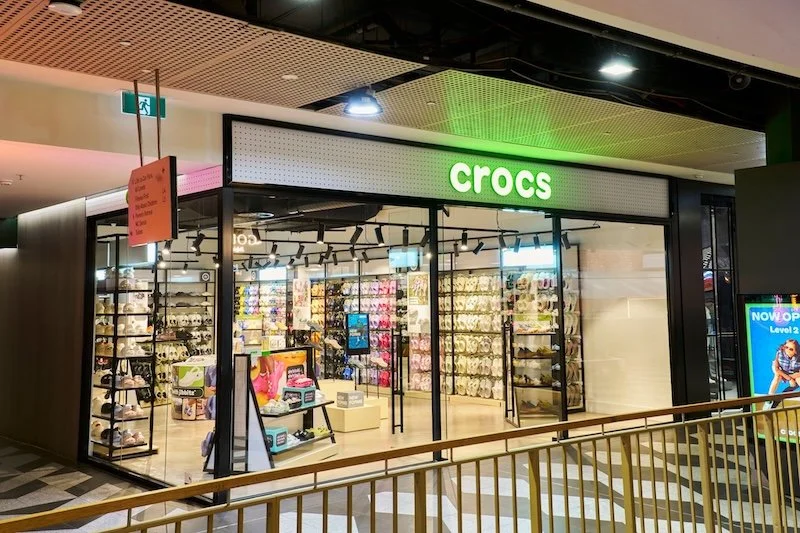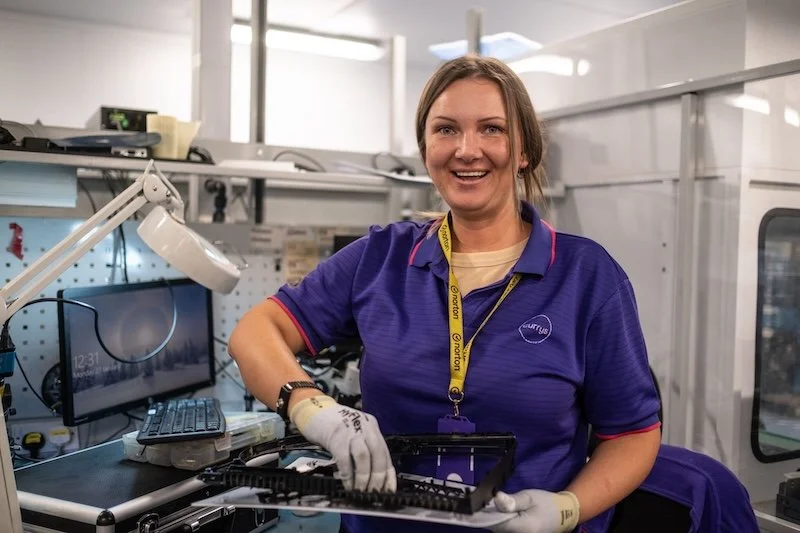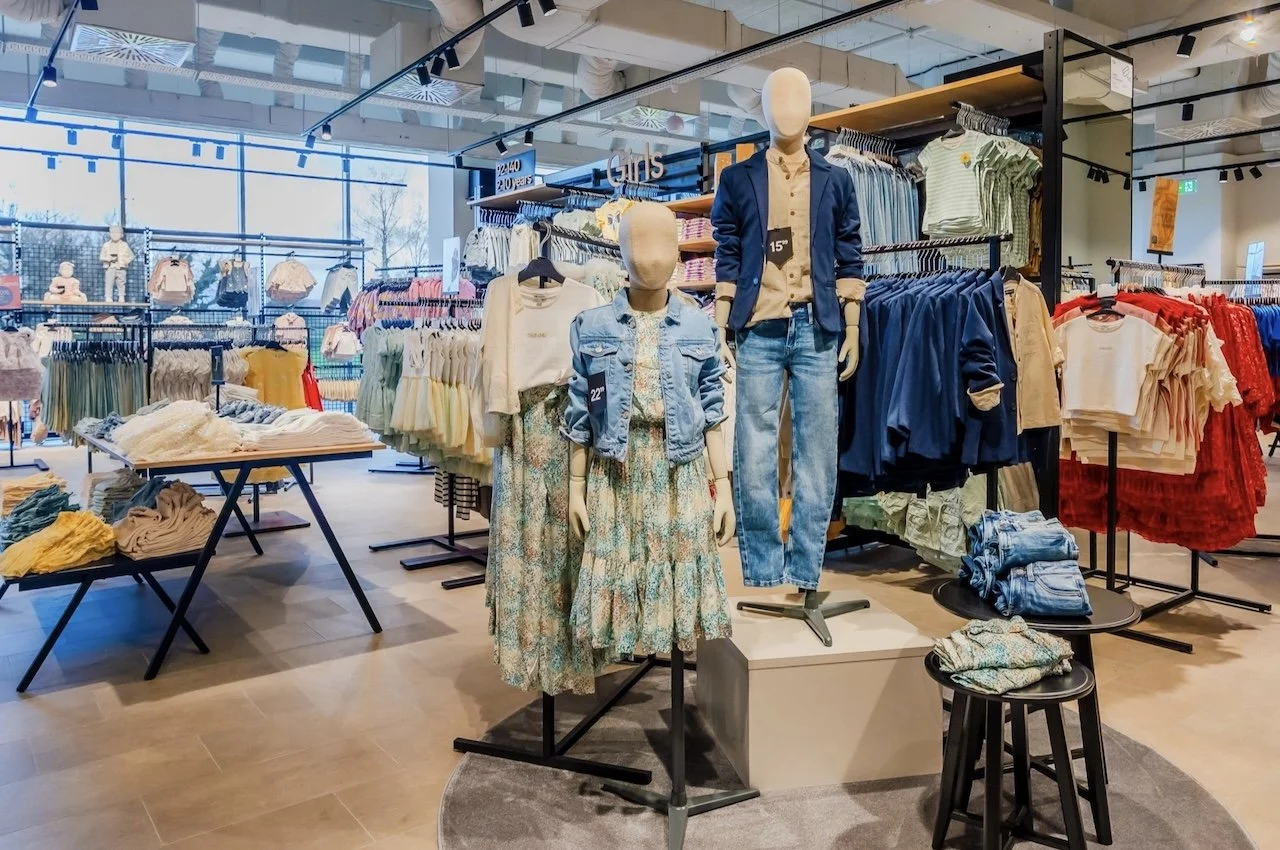Hanwha Vision research: 2024 set to be year that AI enabled video breaks through to mainstream use
52% of retailers plan to use AI enabled video to boost their sales by better understanding the demographics of those leaving stores without a purchase, new research from Hanwha Vision has found.
A further 41% will leverage the technology to better understand how shoppers browse store sections as well as how to optimise store displays.
Overall, leaders consider AI video as a significantly more important tool in boosting their productivity than automation and robotics.
AI enabled video combines networked video cameras with AI to automatically detect and classify objects, including people, and their specific attributes.
Using algorithms built into the camera, it can alert users when specific behaviours are identified - such as customers pausing at a certain part of a store or when queues form at tills.
Pread Um (Suk Bong), Product and Marketing Director at Hanwha Vision Europe, saiys “2024 is poised to be the year that AI enabled video breaks through to mainstream use.”
“Thanks to rising awareness of AI in the mainstream and proven business successes using AI enabled video, more retailers are turning to the technology to solve challenges outside of security.”
“Video holds huge potential in streamlining retail operations, providing valuable data to inform store strategy and planning, and helping to secure people and assets. It’s encouraging to see so many organisations are not just recognising this, but actively planning to adopt AI enabled video for these uses.”
To better understand leaders’ attitudes towards this space in the post-ChatGPT era, Hanwha Vision conducted research among 1,000 individuals in organisations across five European countries (UK, Netherlands, Italy, Germany and France).
Operations and security leaders were questioned on the technologies they will adopt to address a range of strategic business challenges, such as finding new efficiencies, introducing new processes and controlling costs.
This more “intelligent” use of video marks a dramatic shift from the security function that CCTV, as it was formerly known, has historically fulfilled. Indeed, the traditional role of video cameras in “maintaining a safe and secure environment" is cited by far fewer respondents in Hanwha Vision’s research (26%).
While the research found that AI enabled video technology is finding favour with a wide business audience, it also unearthed potential barriers to adoption.
Chief among these was the imagined need for training in the technology, cited by 40% of respondents overall. Yet investing in intuitive video systems that work “out-of-the-box” can vastly reduce the amount of training and technical knowledge required by operators to use AI enabled video.
Another potential barrier to adoption for retail lies, perhaps unsurprisingly, in concerns around cybersecurity. This might reflect wider concerns about data security and the potential for networked devices to be compromised.
Working with manufacturers that have a longstanding commitment to cybersecurity best practices and are compliant with the National Defense Authorization Act (NDAA) will help address such concerns, Hanwha Vision says.
















Continue reading…